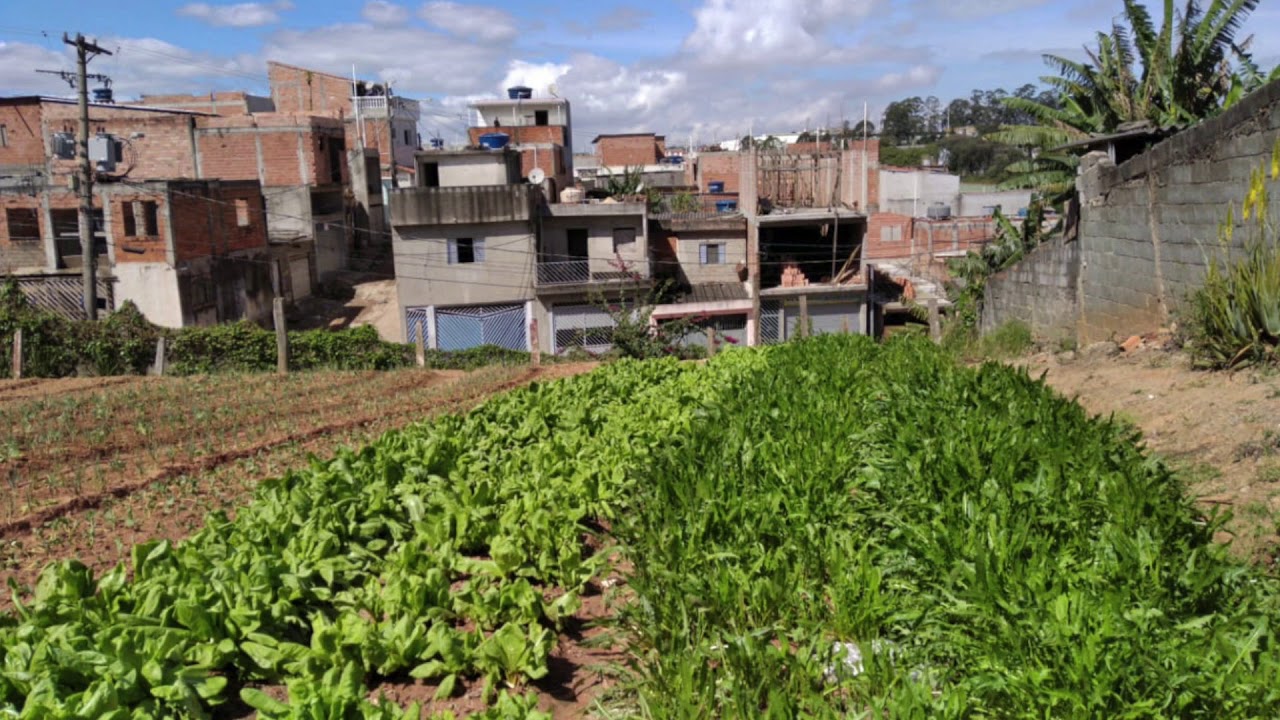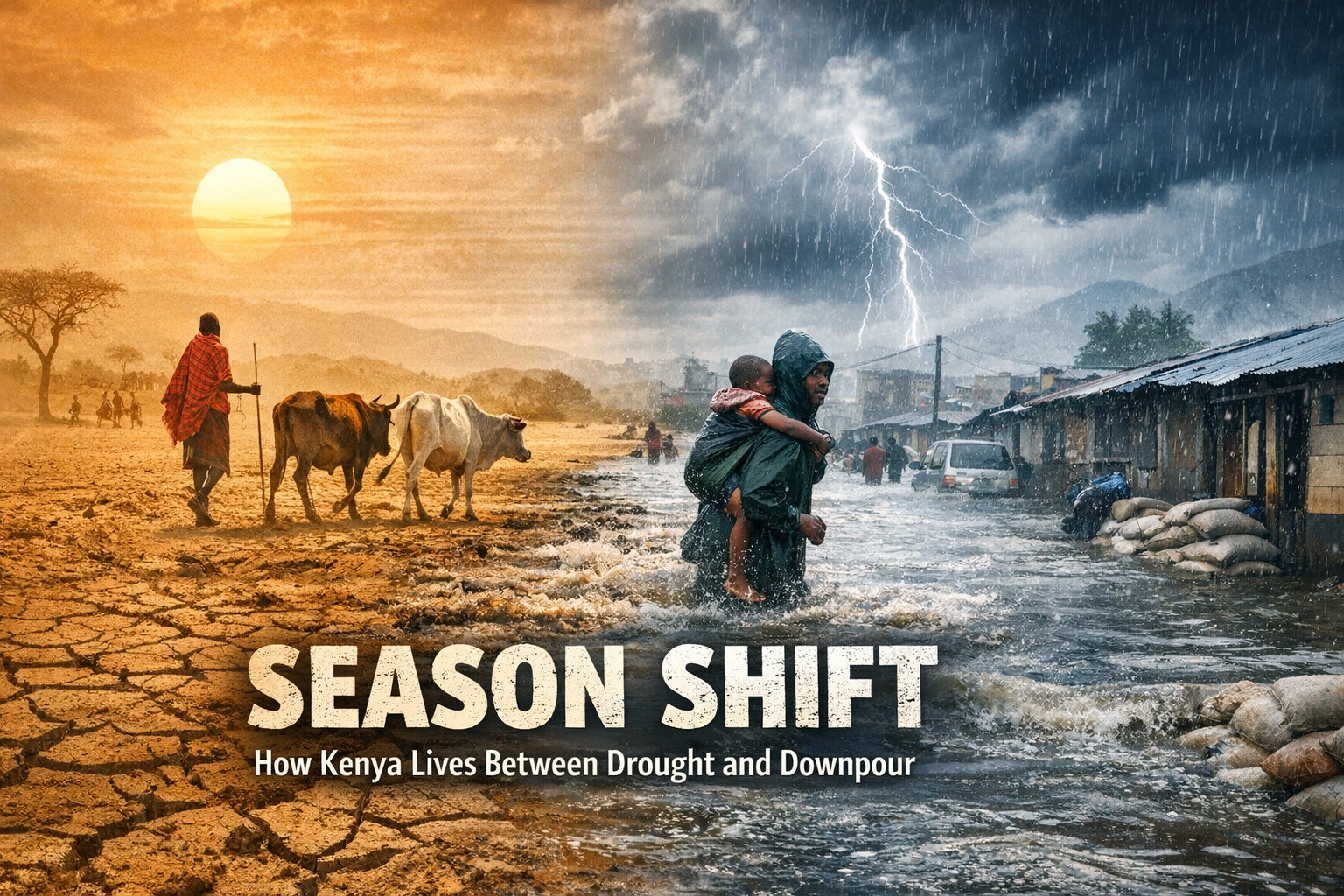- Beyond the environmental benefits, the integration of urban agriculture into Brazil's policy landscape can also create new economic opportunities
In Brazil, a green revolution is quietly taking root. With the support of the United Nations Environment Programme (UNEP), the country is on a path to embracing urban and peri-urban agriculture.
"Urban and peri-urban agriculture can help feed urban dwellers while reducing extreme temperatures in cities, preventing floods and providing a green belt to halt urban sprawl," explains Ruth Do Coutto, Chief of the Mitigation Branch in UNEP's Climate Change Division. "This can unlock economic and social benefits and improve quality of life in and around cities in Brazil and beyond."
For a country grappling with the challenges of food insecurity, affecting nearly 27 million people, this shift towards localized, sustainable food systems holds immense promise. By establishing green spaces and urban farms within and surrounding Brazil's cities, the government, in partnership with UNEP, is tackling multiple fronts.
This type of agriculture, when implemented into government policies, can help the country improve food security, bolster community resilience and reduce greenhouse gas emissions. It's a holistic approach that not only nourishes bodies but also the environment.
Beyond the environmental benefits, the integration of urban agriculture into Brazil's policy landscape can also create new economic opportunities. Experts predict that the development of these green spaces and farms can generate jobs and contribute to the country's gross domestic product.
Read More
The mission to promote urban and peri-urban agriculture extends beyond Brazil's borders, with UNEP spearheading similar initiatives in other parts of the world, including Kampala, Uganda, and Semareng, Indonesia.







